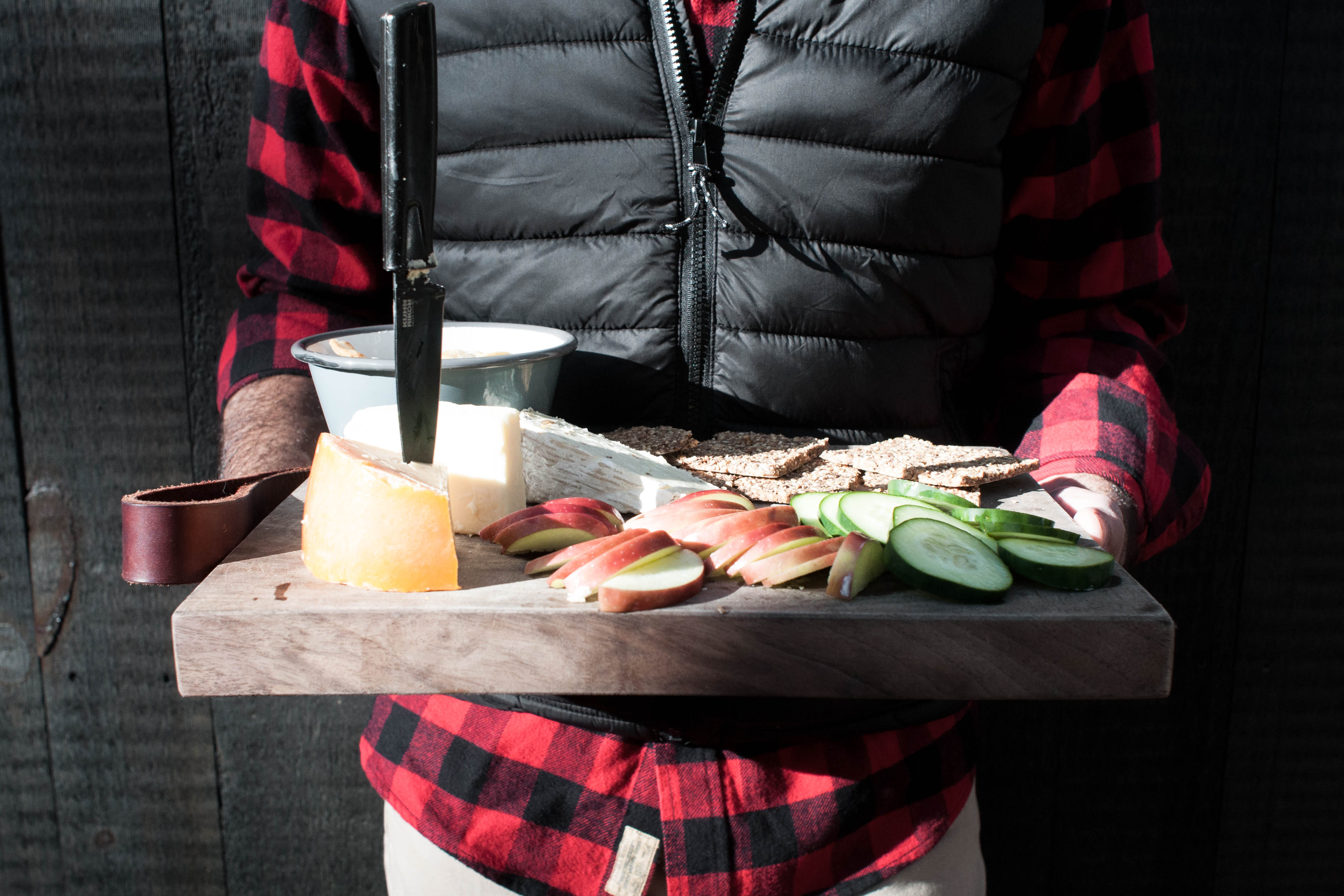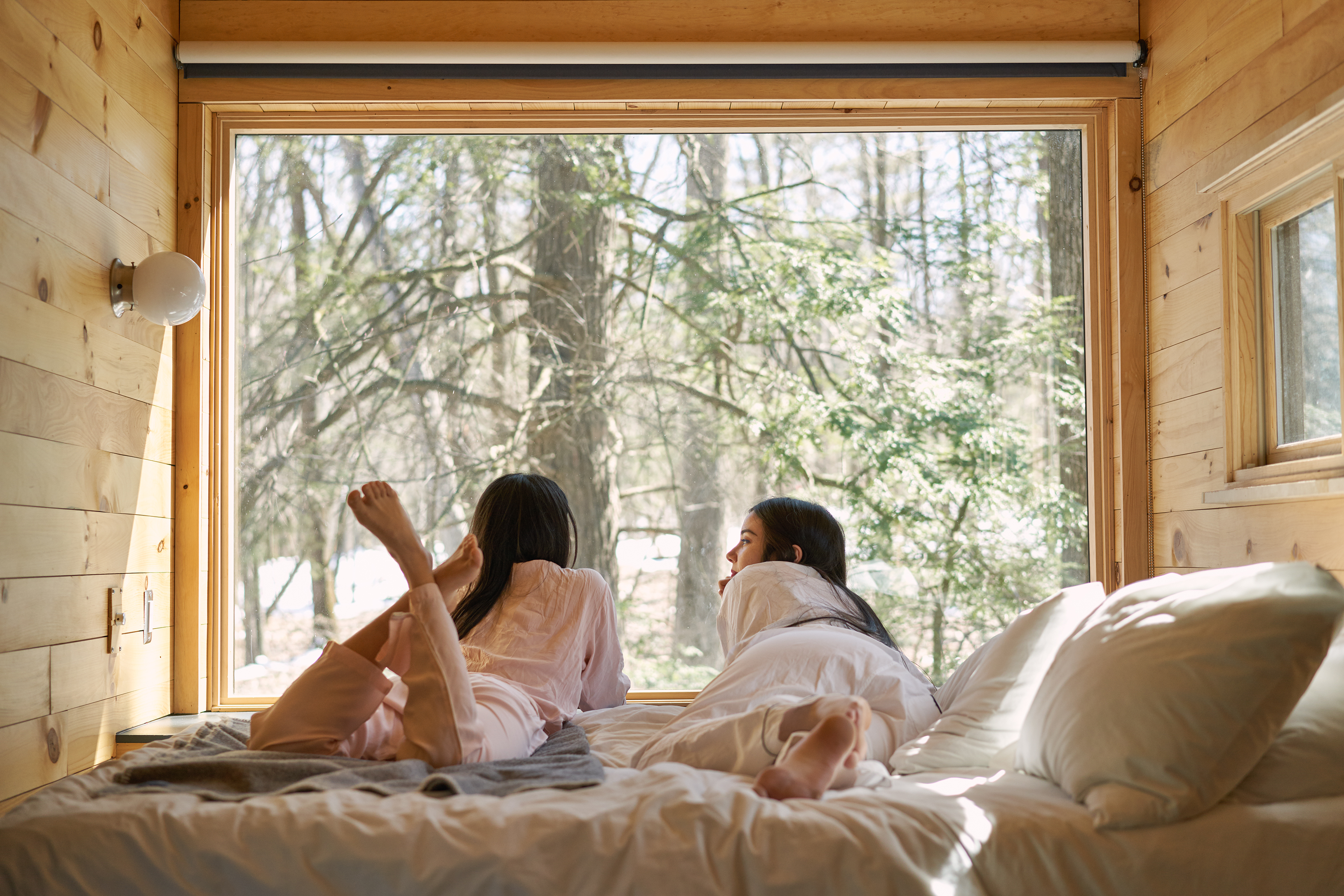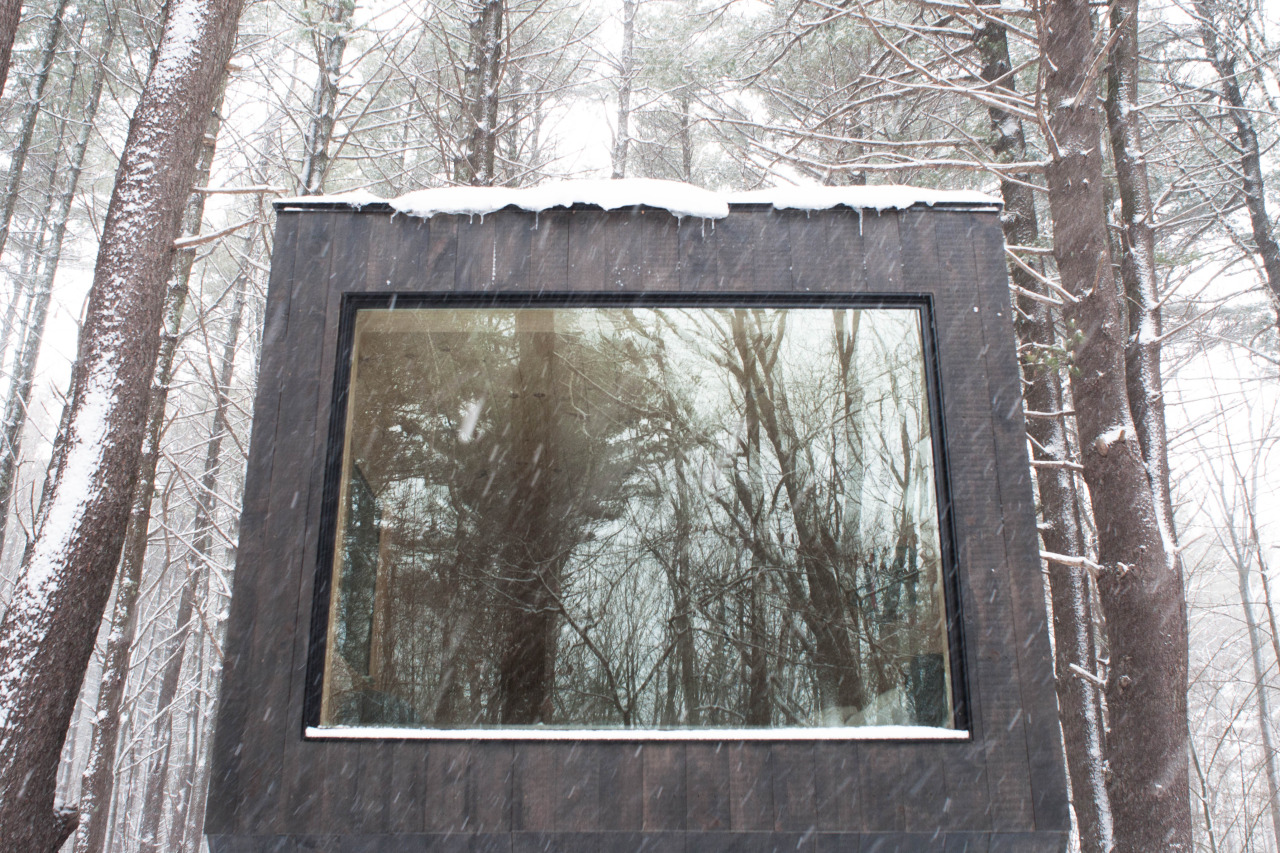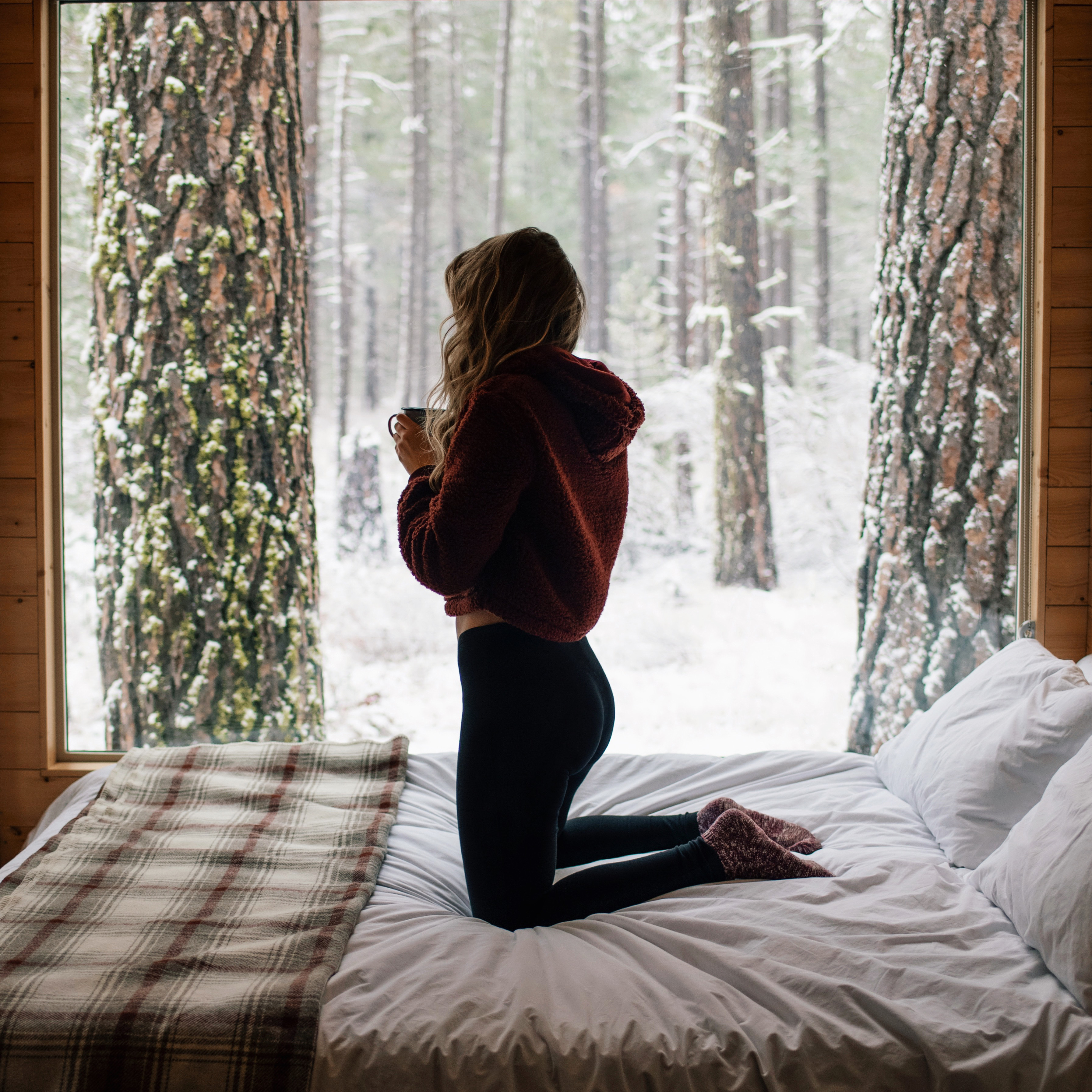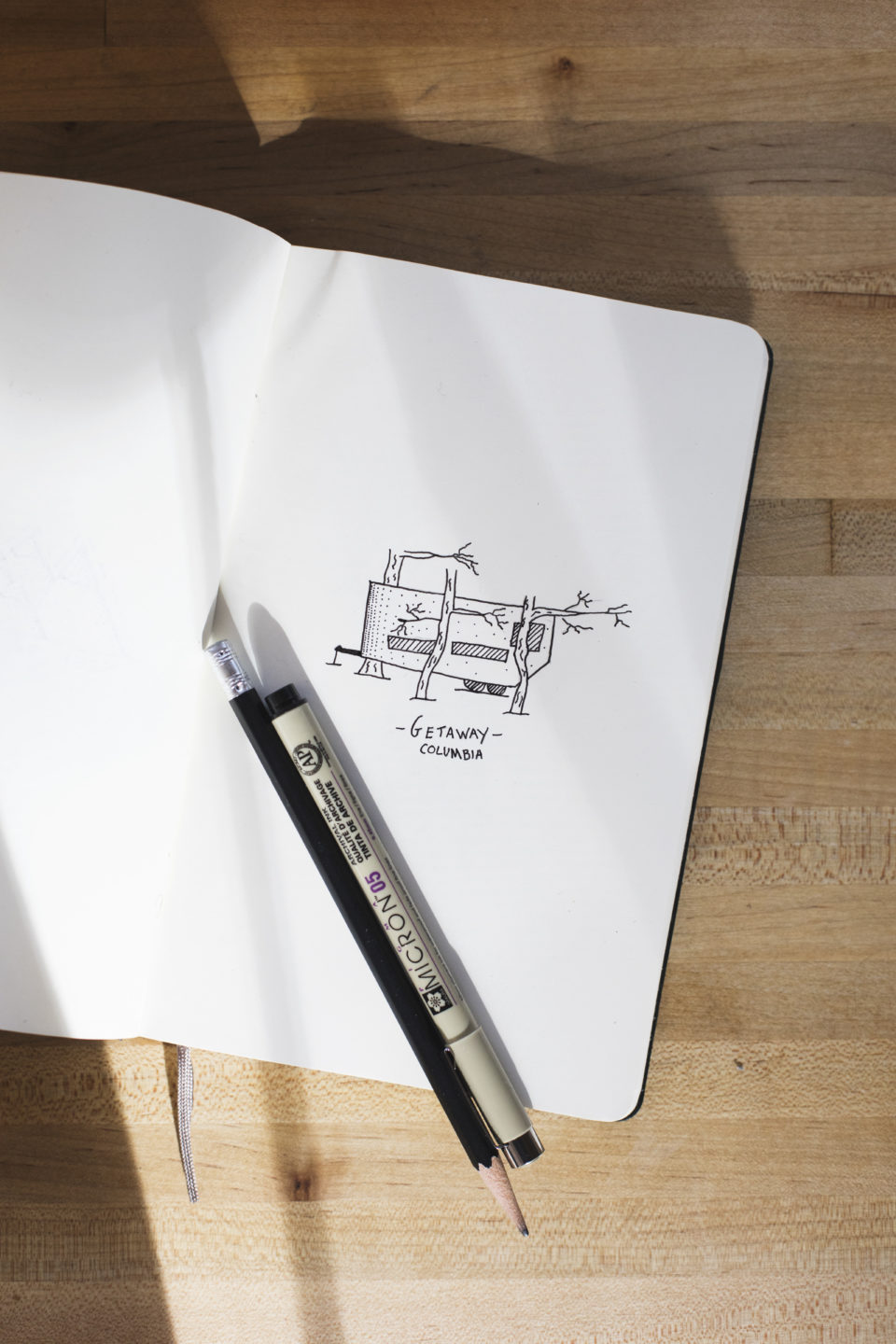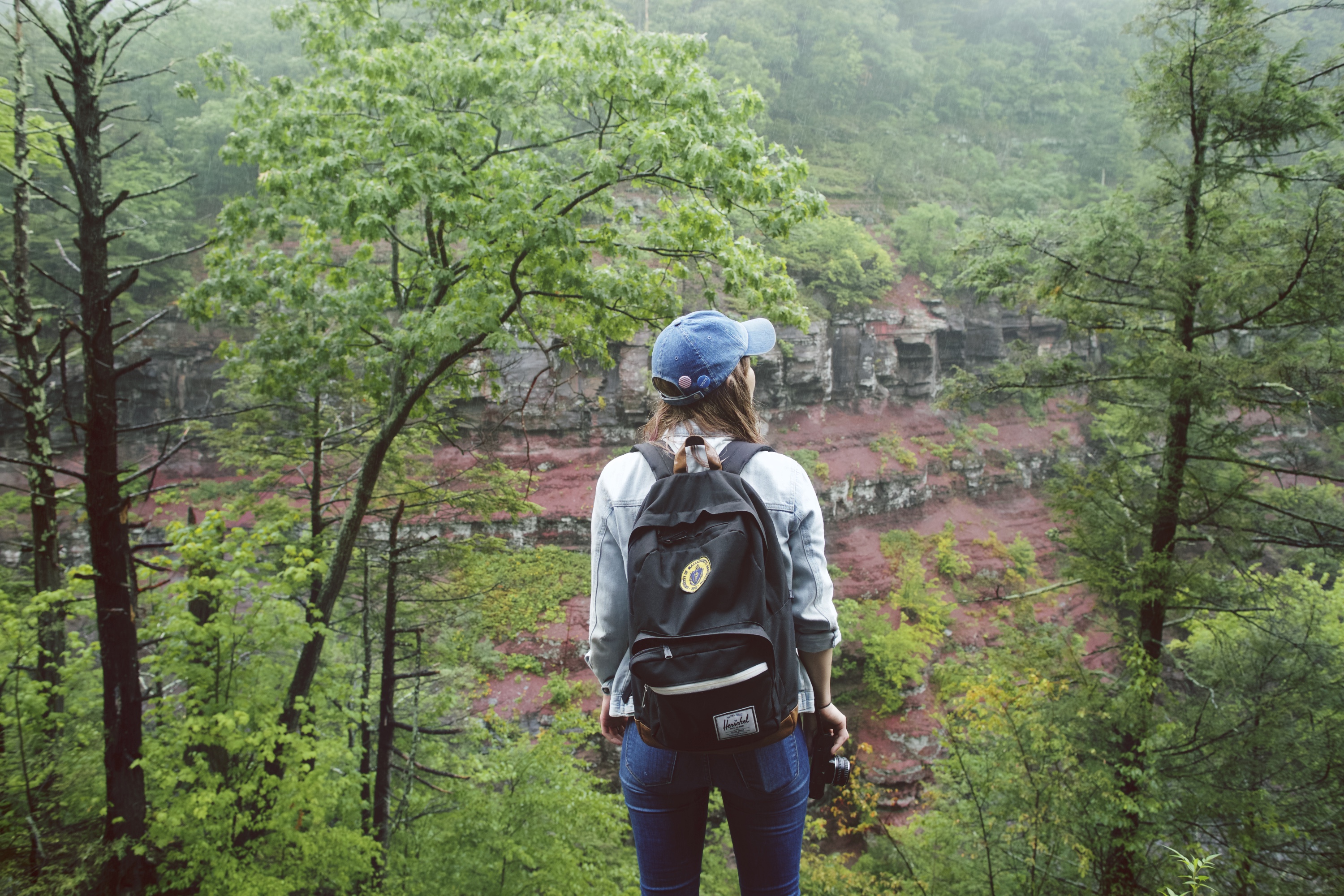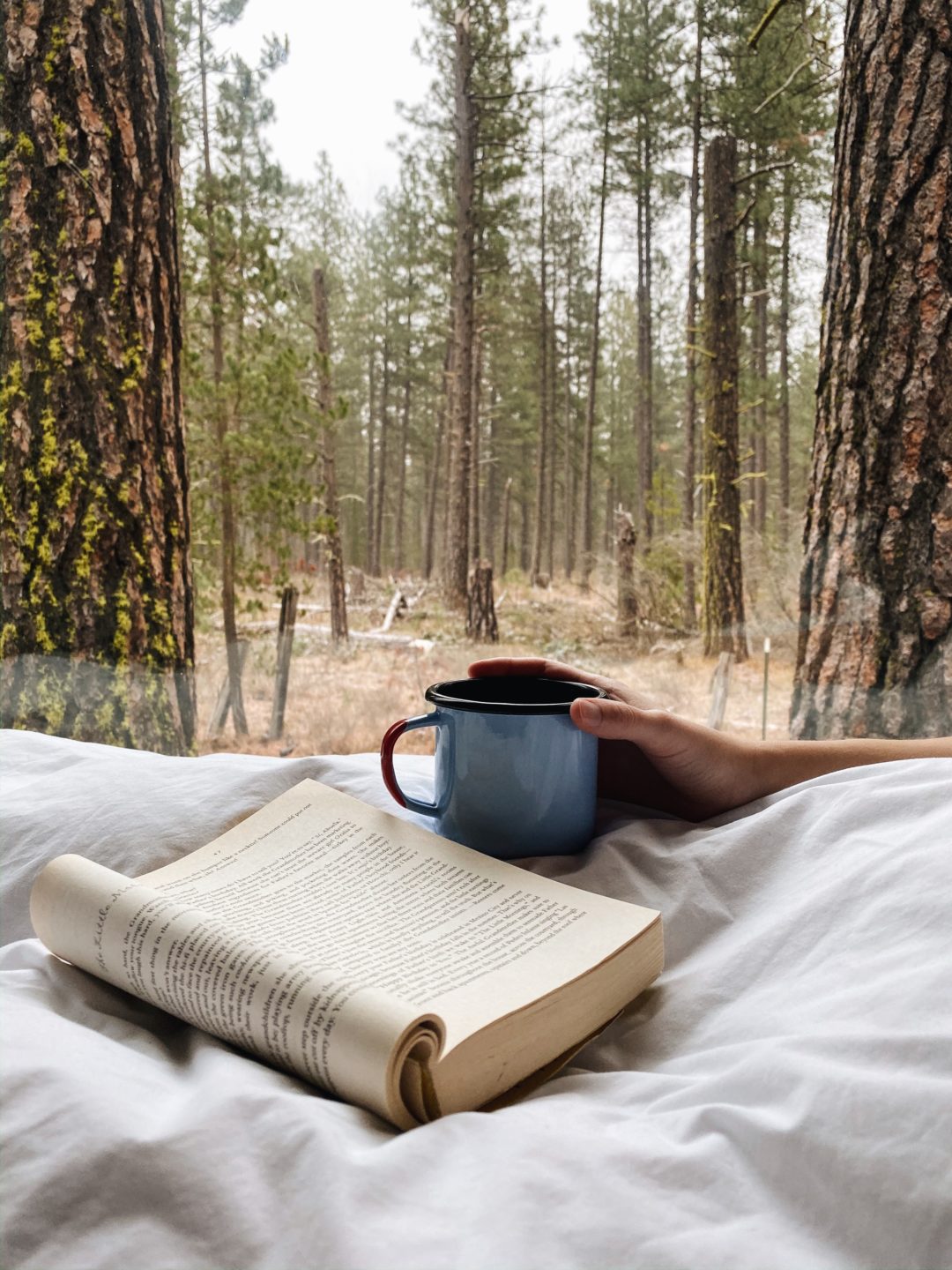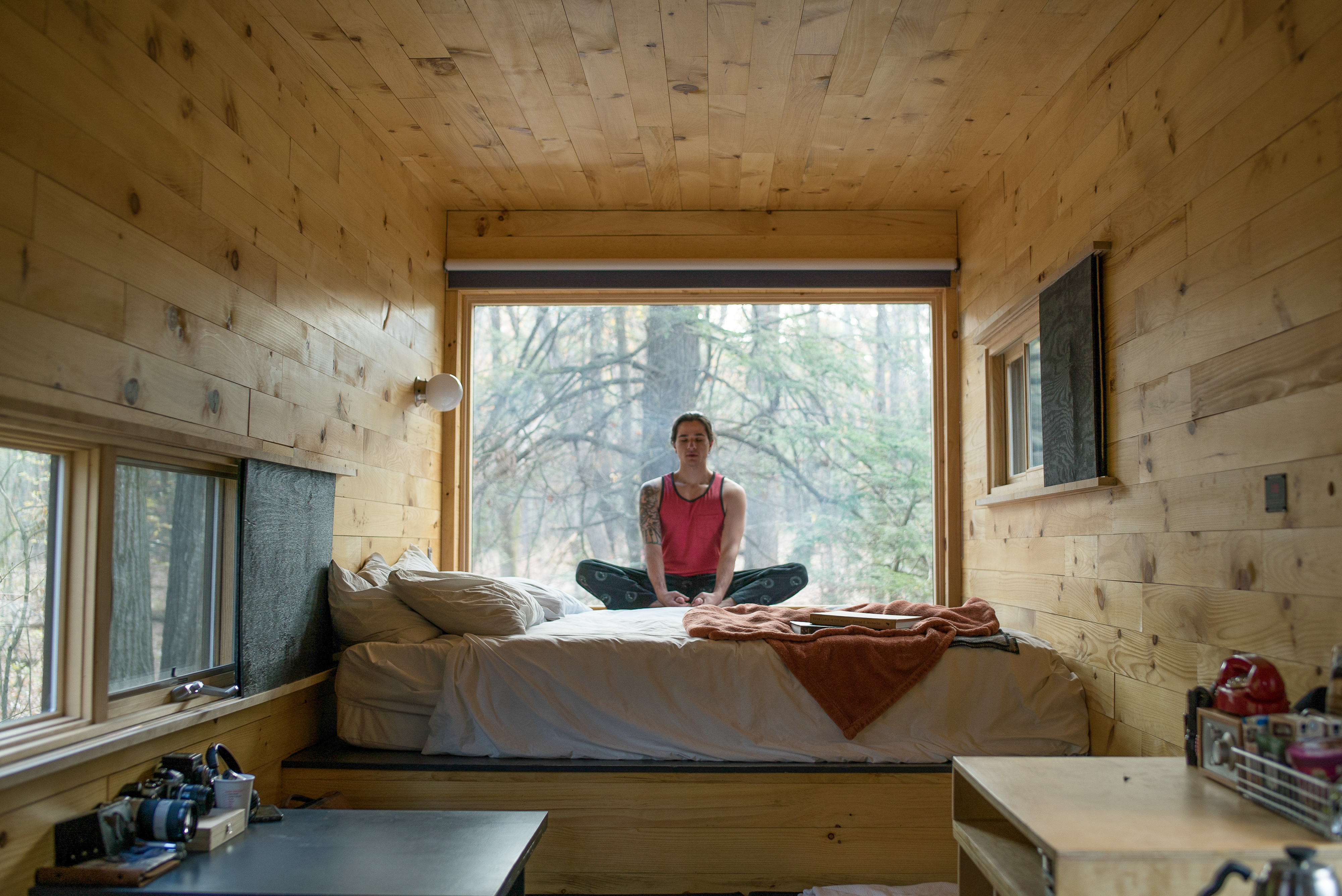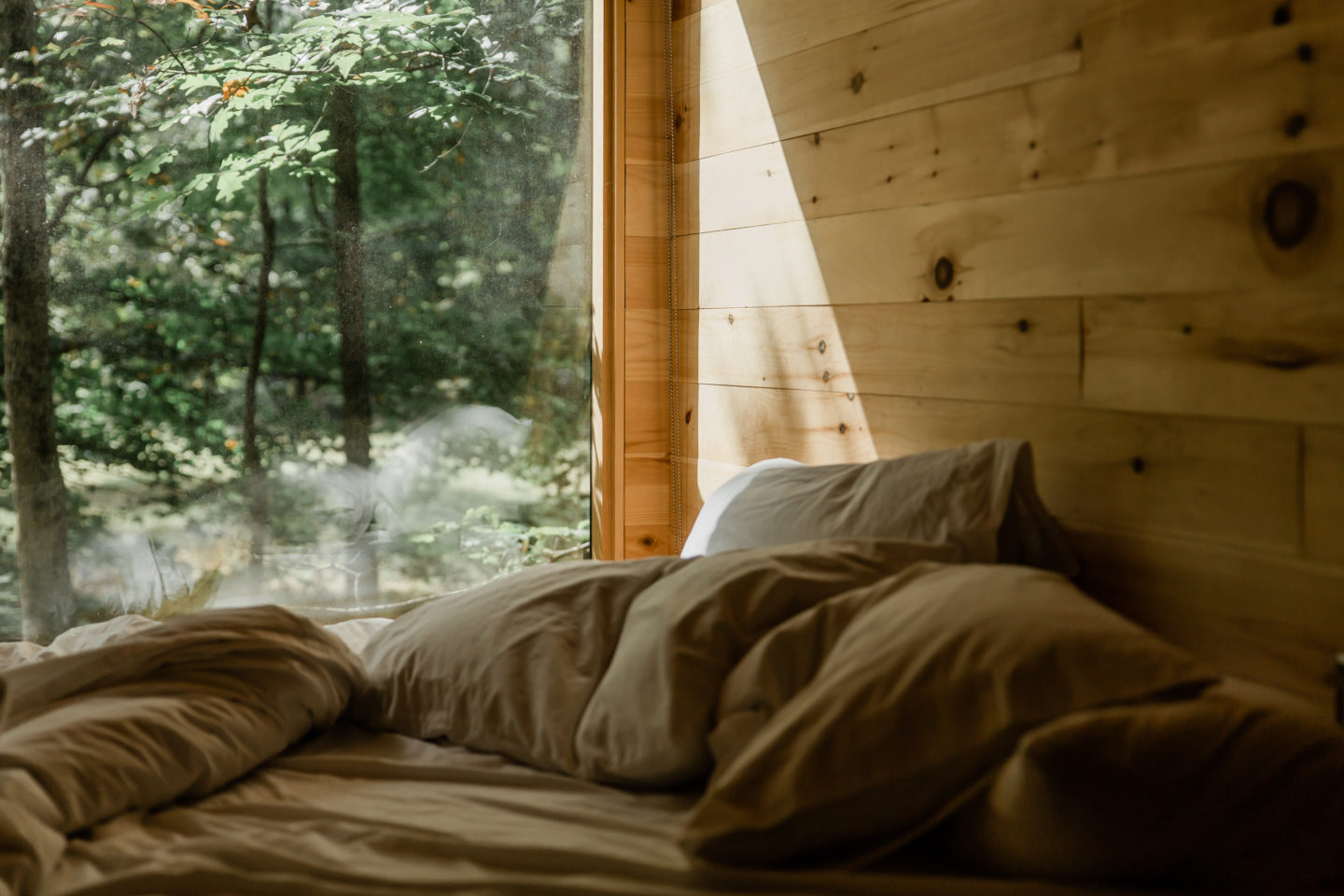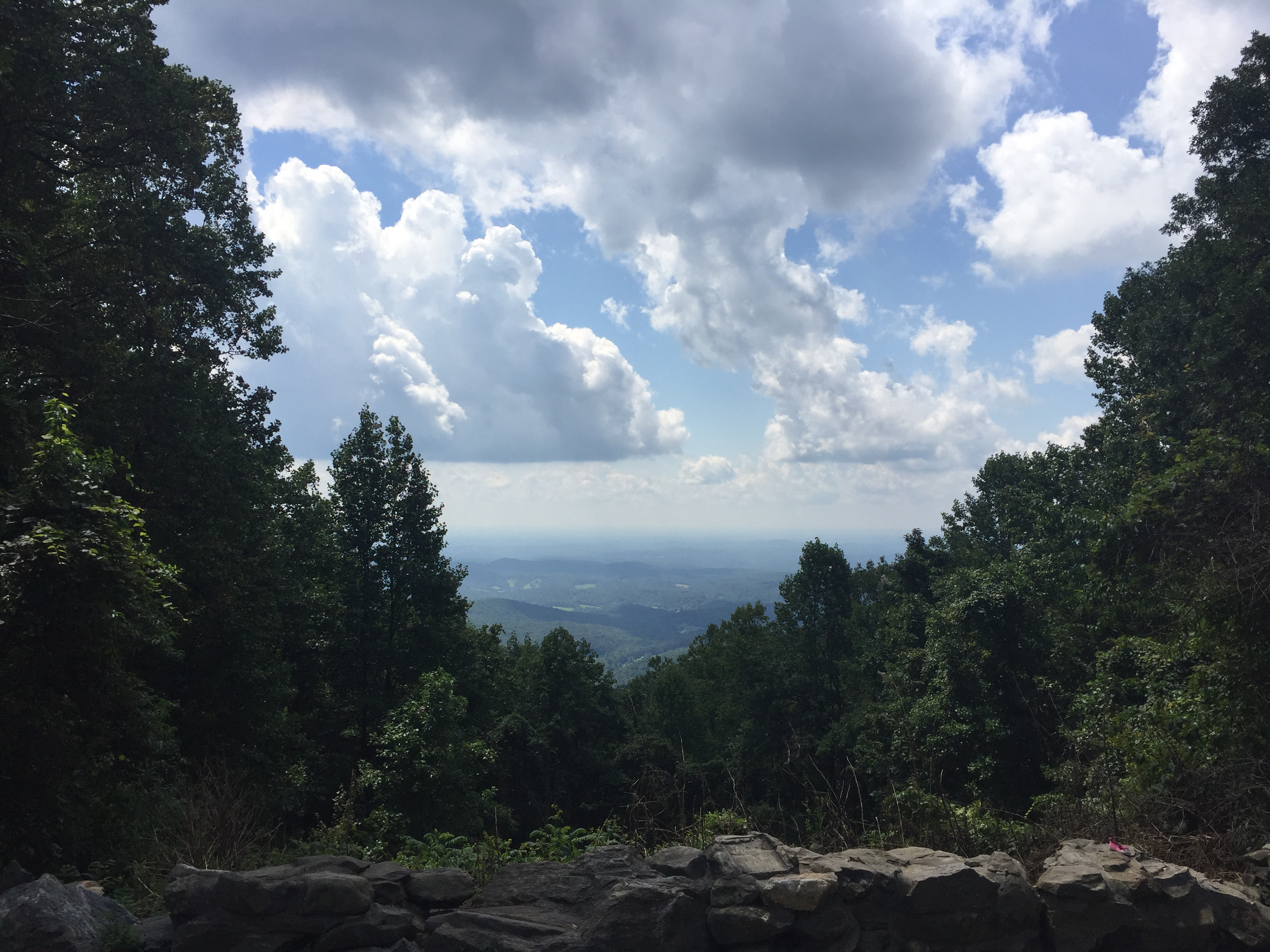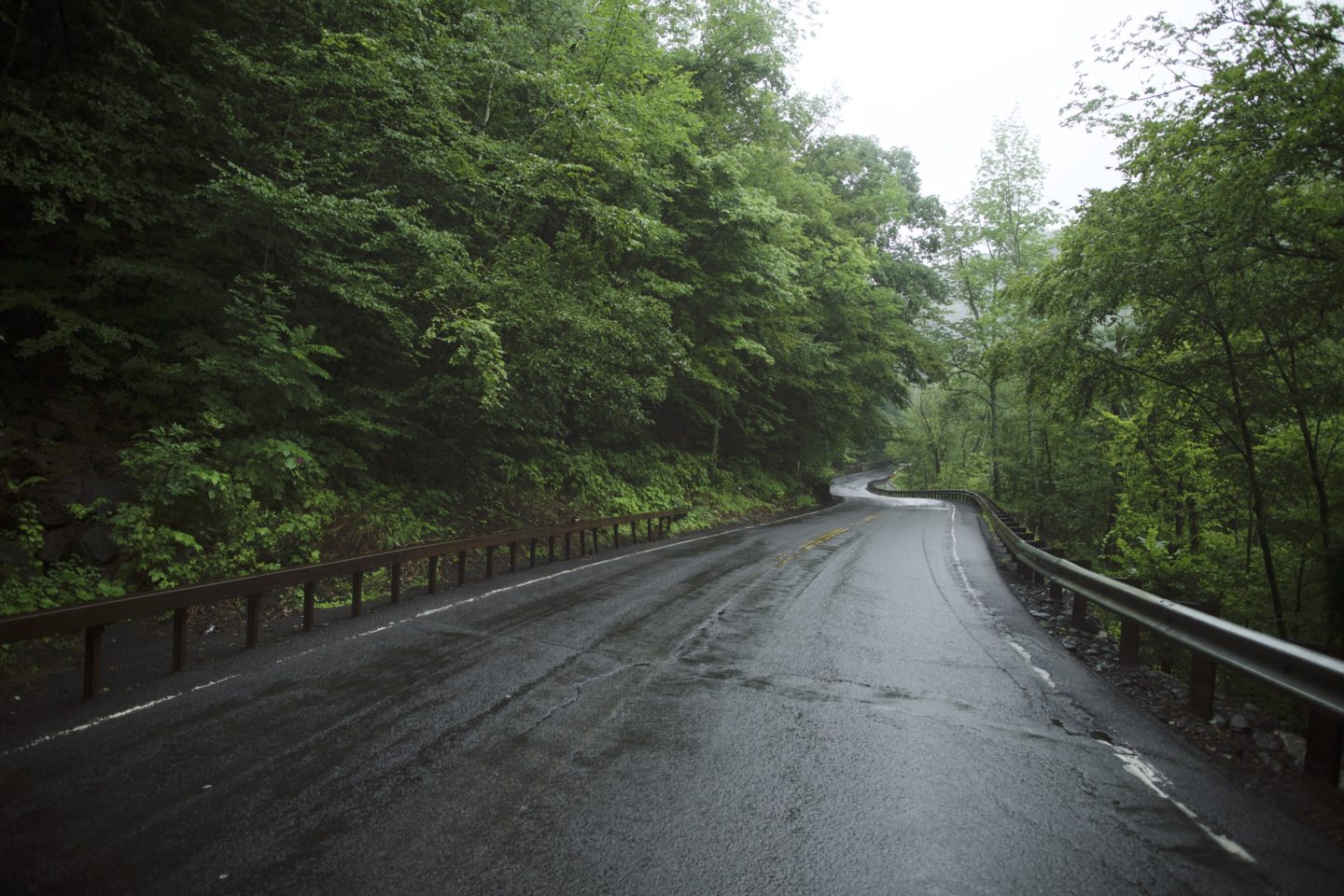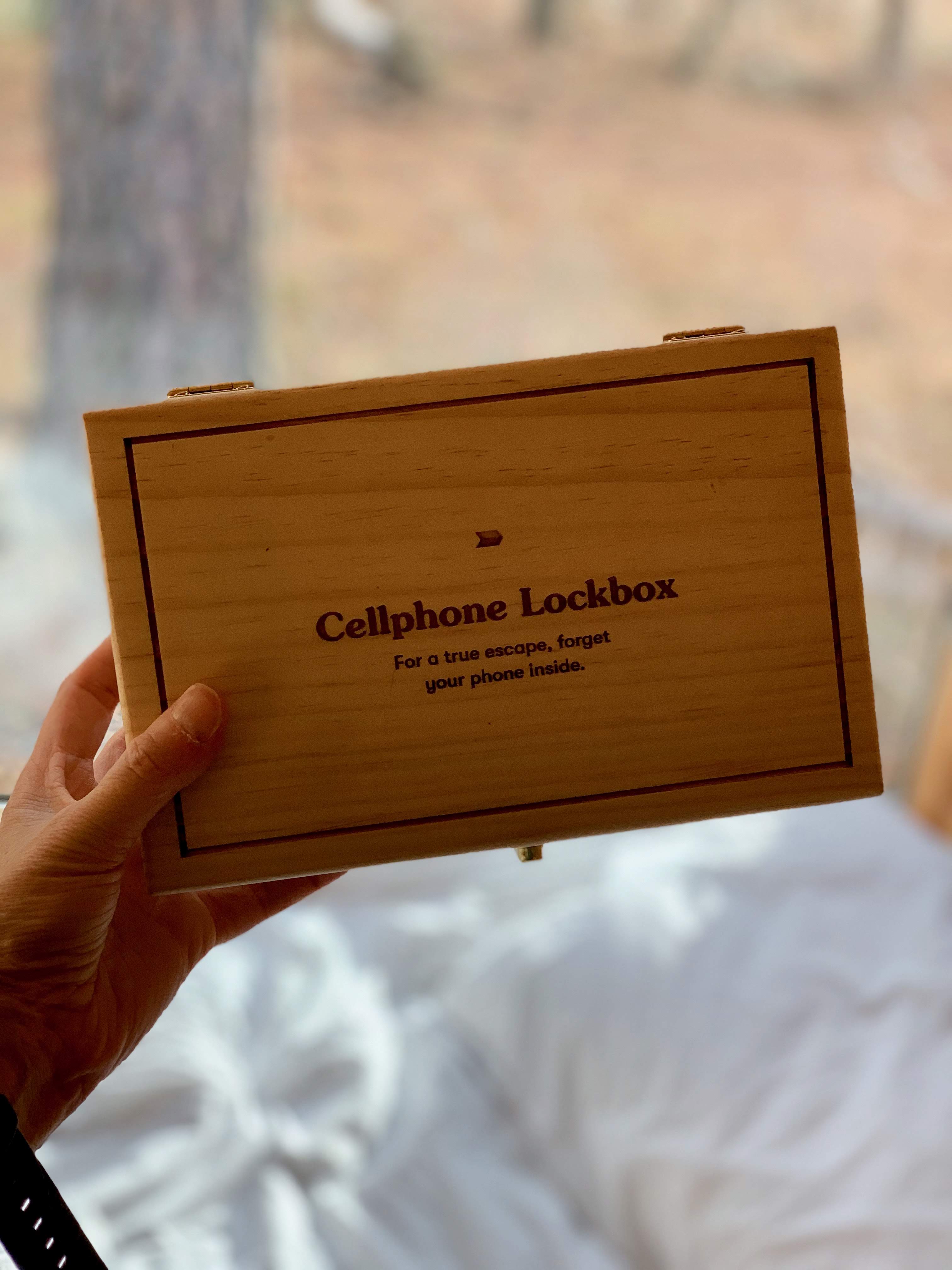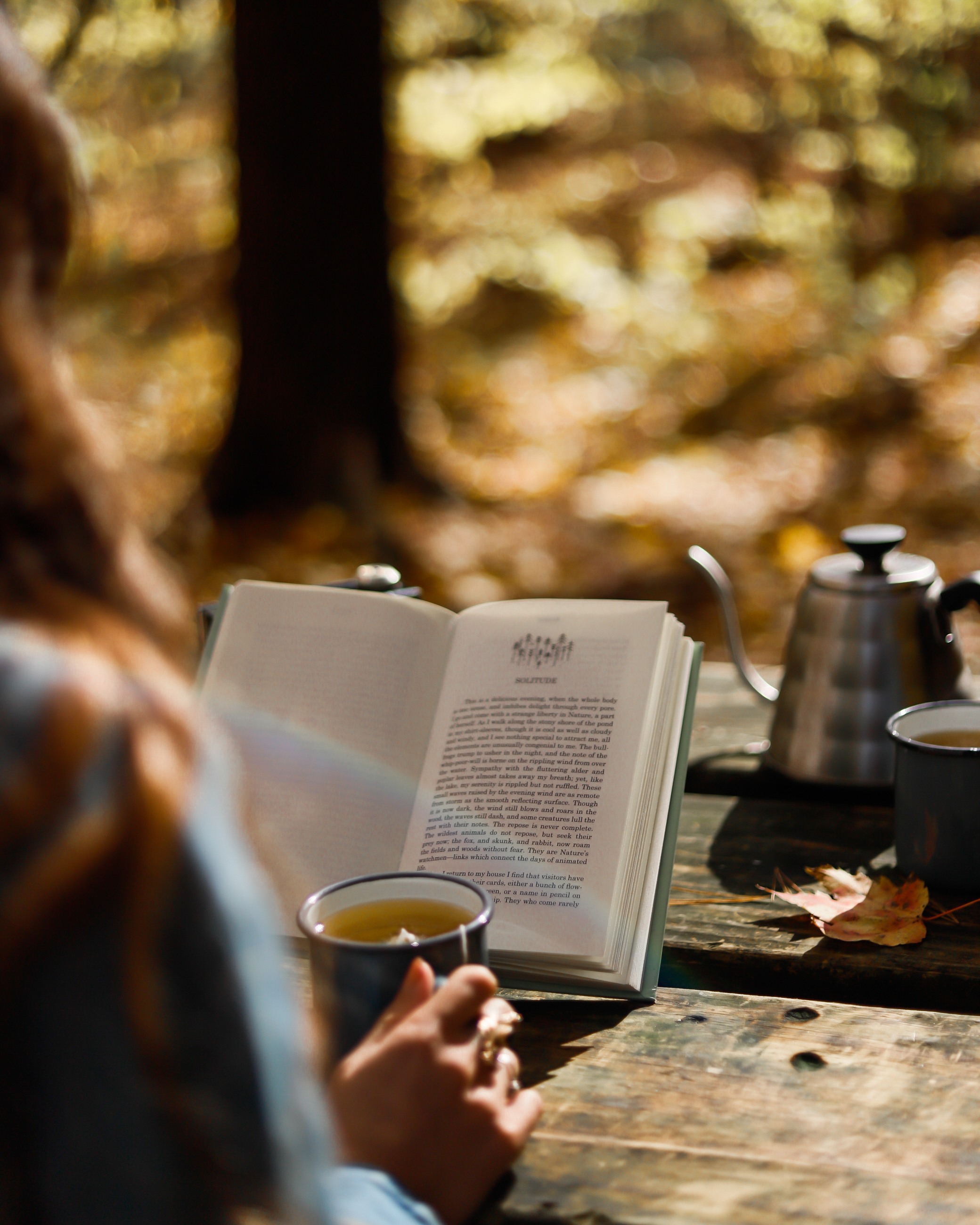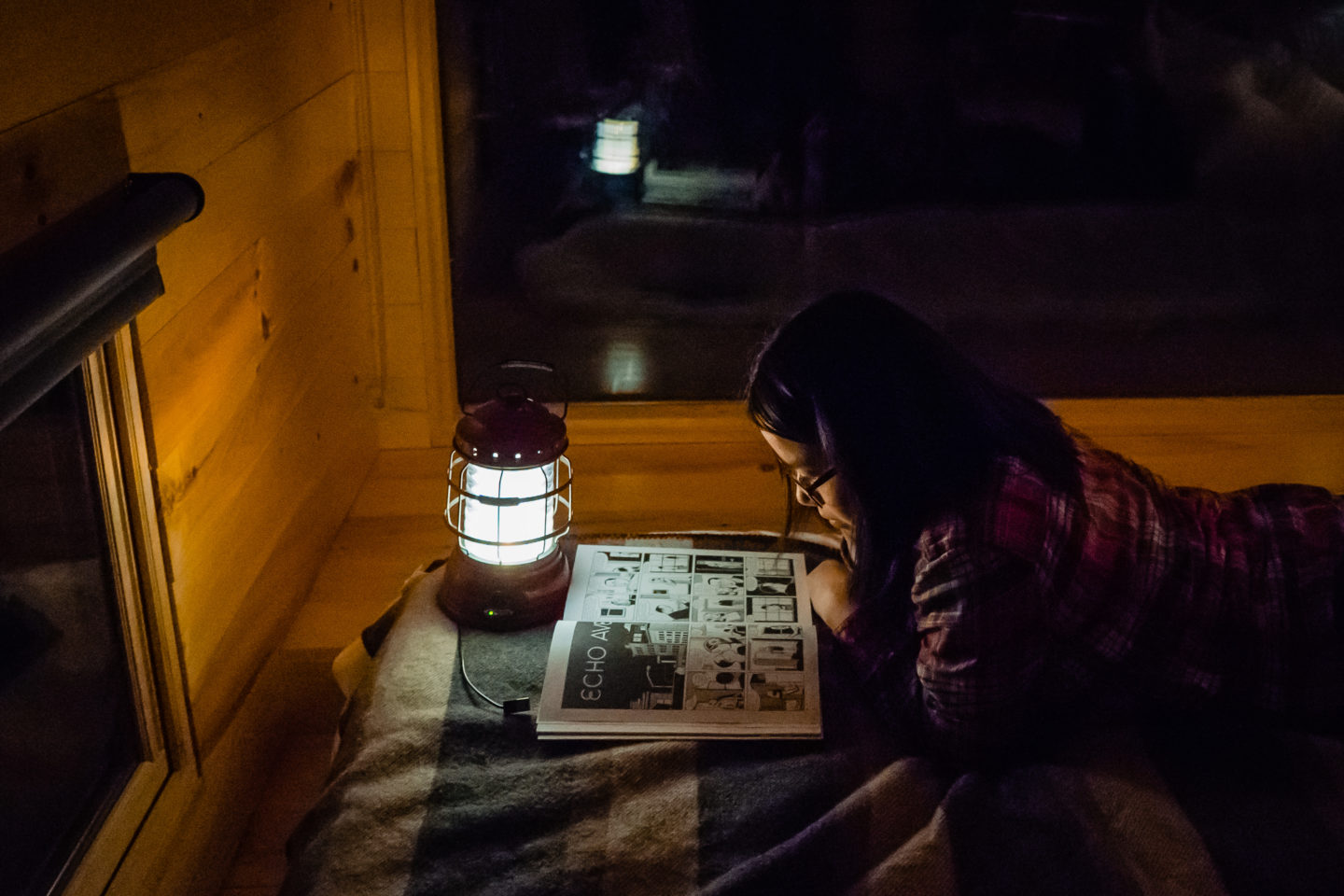One of our favorite activities here at Getaway is sharing a meal with friends and family. The process of cooking a meal together, getting to share stories and catch up while cooking and sitting down to eat—it’s a wonderful way to create a time and space where you can connect on a deeper level. For today’s disconnection tip, here’s Day 10 of our 12 Days of Disconnection.

Hosting a potluck is a great way to bring a larger group together without placing too much responsibility on any one person. By having each person bring a dish, you all get to contribute to the meal that you’ll share together—and you’re likely to try some new recipes that could become your new favorites.
When you’re planning a potluck, it can be helpful to divide up the whole meal by category so that everyone knows what part of the meal they’re responsible for. To make it even more fun, put someone in charge of music, someone else in charge of drinks, and you can even give the potluck a theme—for example, you could all wear ugly holiday sweaters. You could also search for some games that are great for bigger groups, so that once you’ve finished eating, you can keep laughing until the night ends.
One of the great things about a potluck is that you can bring some different types and kinds of foods together—and the food you eat can say a lot about who you are; your culture, your experiences, and simply the tastes that you love most. Bringing all of these different dishes together can reflect the group that you’ve brought together. Hopefully you can encourage each other to try new dishes and new things, and your friendships or relationships challenge each other, while also acting as a safe place to land through all of life’s ups and downs.
With a little coordination, a big table, and some lovely company, your potluck will definitely be a success. After all, the most important part of a potluck is that you’ve set aside time for yourself to be with those you love most.

Want to plan your next meal in nature? Book your Getaway today.

